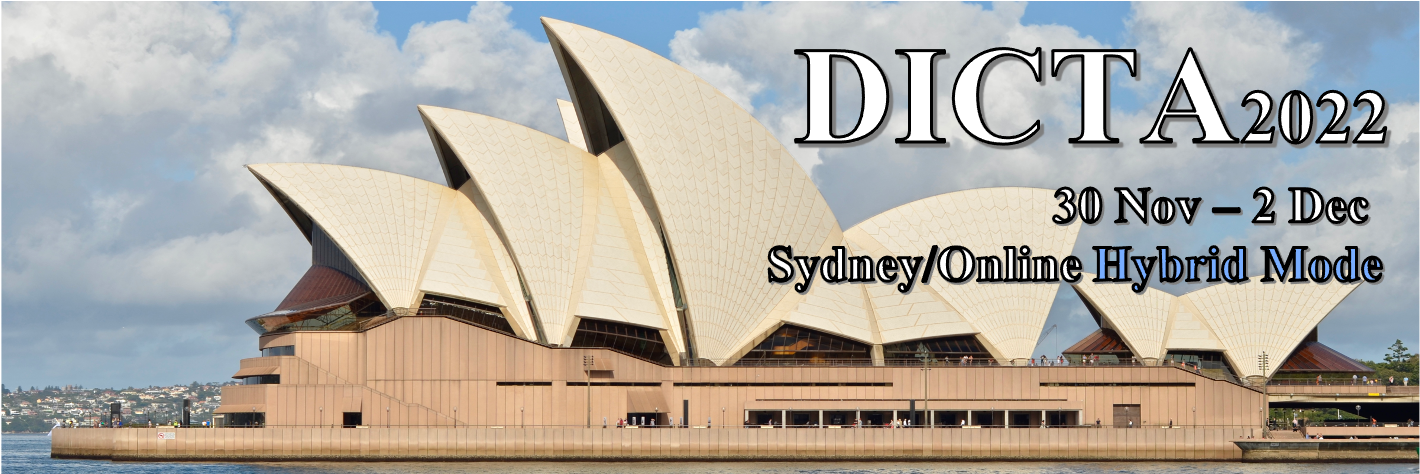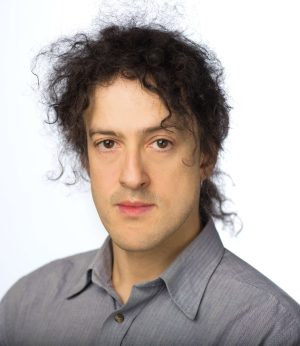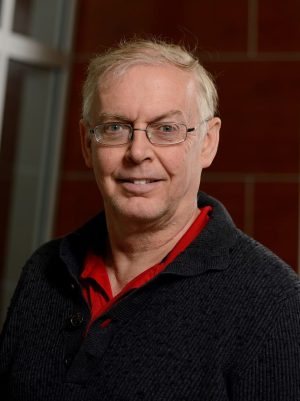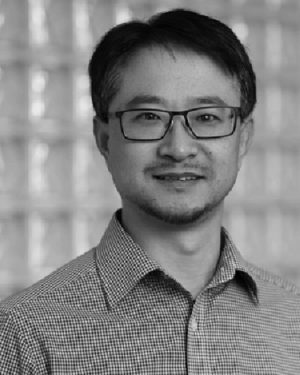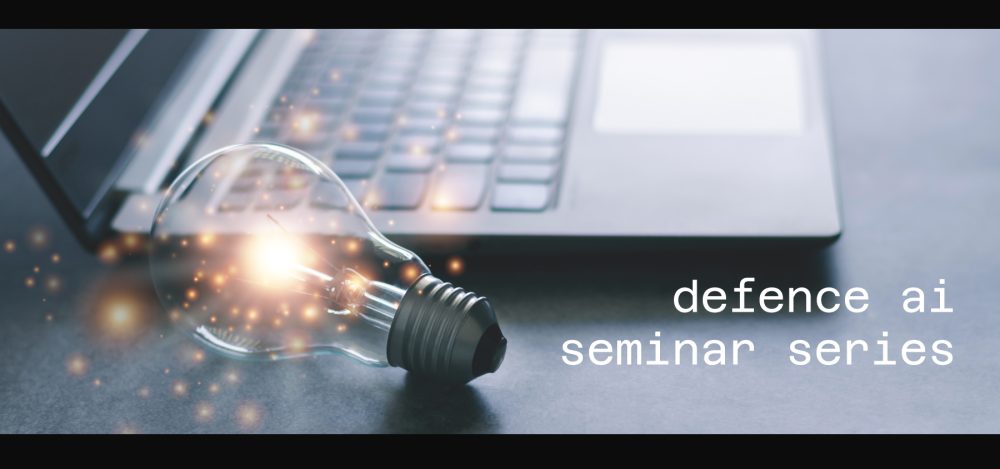philip torr
oxford university
Professor Philip Torr is a director of new Oxford based spin out OxSight, and Chief Scientific Advisor for Five AI.
He was elected Fellow of the Royal Academy of Engineering (FREng) in 2019, and Fellow of the Royal Society (FRS) in 2021 for contributions to computer vision. In 2021 he was made Turing AI world leading researcher fellow.
